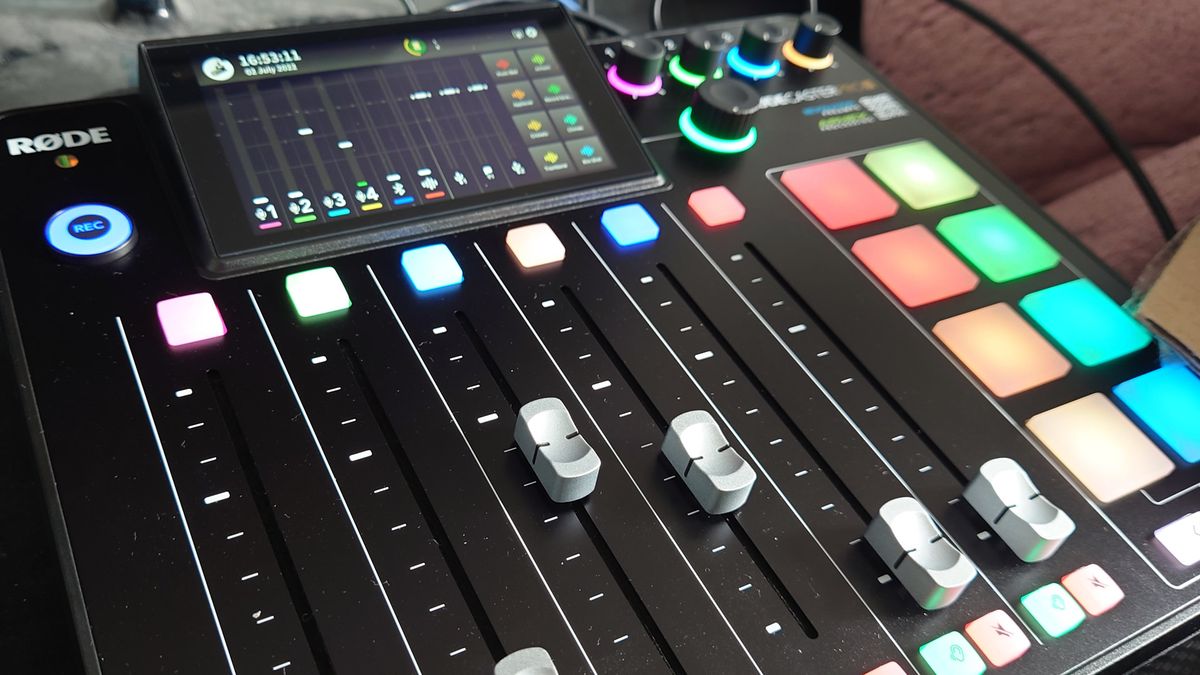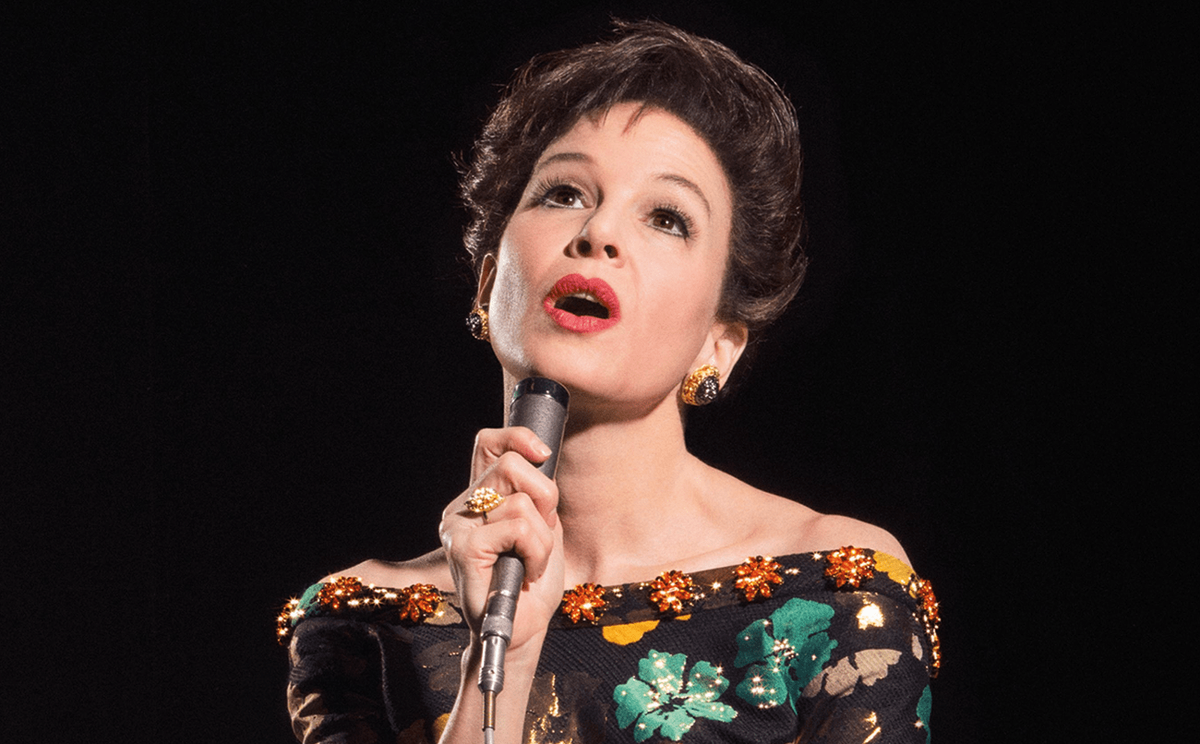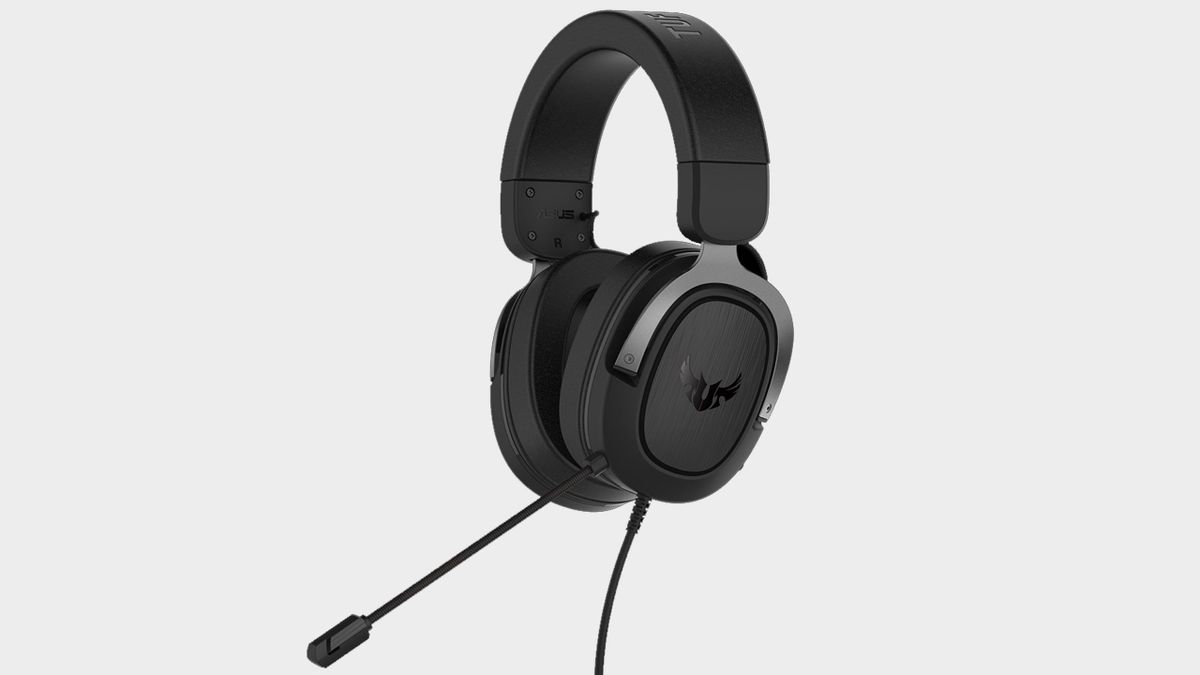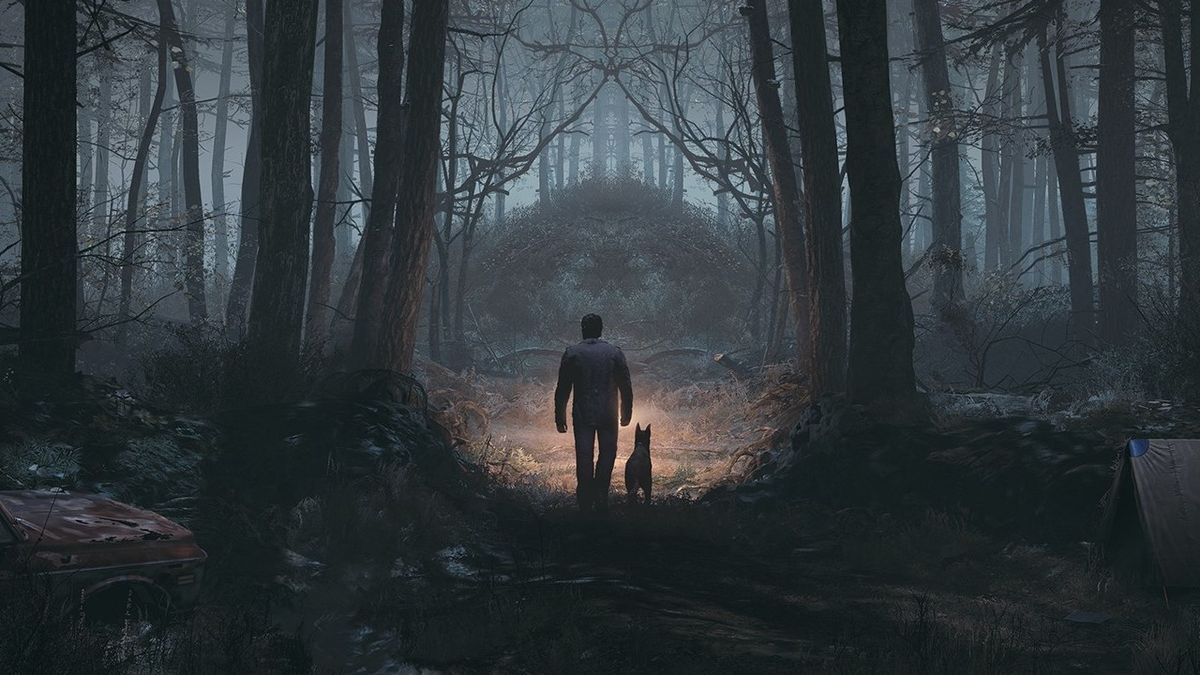Whistleblow while you work
The dilemma that faces every whistleblower is surely what to do with their explosive info. So it goes for director Laura Poitras, whose Edward Snowden doc has incredible, as-it-happens access, but absolutely no idea how to present it. She bookends the lengthy second act – spent in Snowden’s Hong Kong hotel room, as he and Guardian journalist Glenn Greenwald discuss and disseminate the intel he’s taken from the NSA – with flat footage of conferences, construction sites and snoozy court sessions. It’s hard not to wonder what, say, Errol Morris or Nick Broomfield might have done with the same access, how dynamic and regime-toppling it could have become. Yet there remains an allure to watching history happen.
Meek and geeky, Snowden (then 29; the title was his pseudonym) isn’t arrogant or charismatic, but watching his journey from idealist to realist is utterly captivating. “I’m not the story here,” he insists to Greenwald and Poitras’ lens pre-leak, adding, “I don’t want to be the person who decides on what should or shouldn’t be made public” – an admirable contrast to Julian Assange’s messiah pose.

The repercussions affect him like water torture. Fire-alarm testing has him disconnecting his VoIP phone, lest it’s turned into a mic. He types passwords beneath his “magic mantle of power” – a blanket – in case the camera captures keystrokes. When his oblivious girlfriend is quizzed and their street occupied by suspicious contractor vans, the penny drops. The post-publication scene where he tries to assume a disguise is touching; he somehow can’t shave or change hairstyle. The whistleblower is utterly exposed.
Poitras’ stance is simply to present the evidence, without commentary, angle or narrative. She can’t quite squander the story but she adds nothing to it, other than to frequently reference herself in captions and screengrabs – a narcissistic quirk in a production about privacy.
VERDICT: Snowden proves surprisingly sympathetic. His intentions appear to have no subtext, but sadly neither does the doc; the irony of an infodump approach to mass surveillance goes disappointingly unexploited.
 Game News Video Games Reviews & News
Game News Video Games Reviews & News



